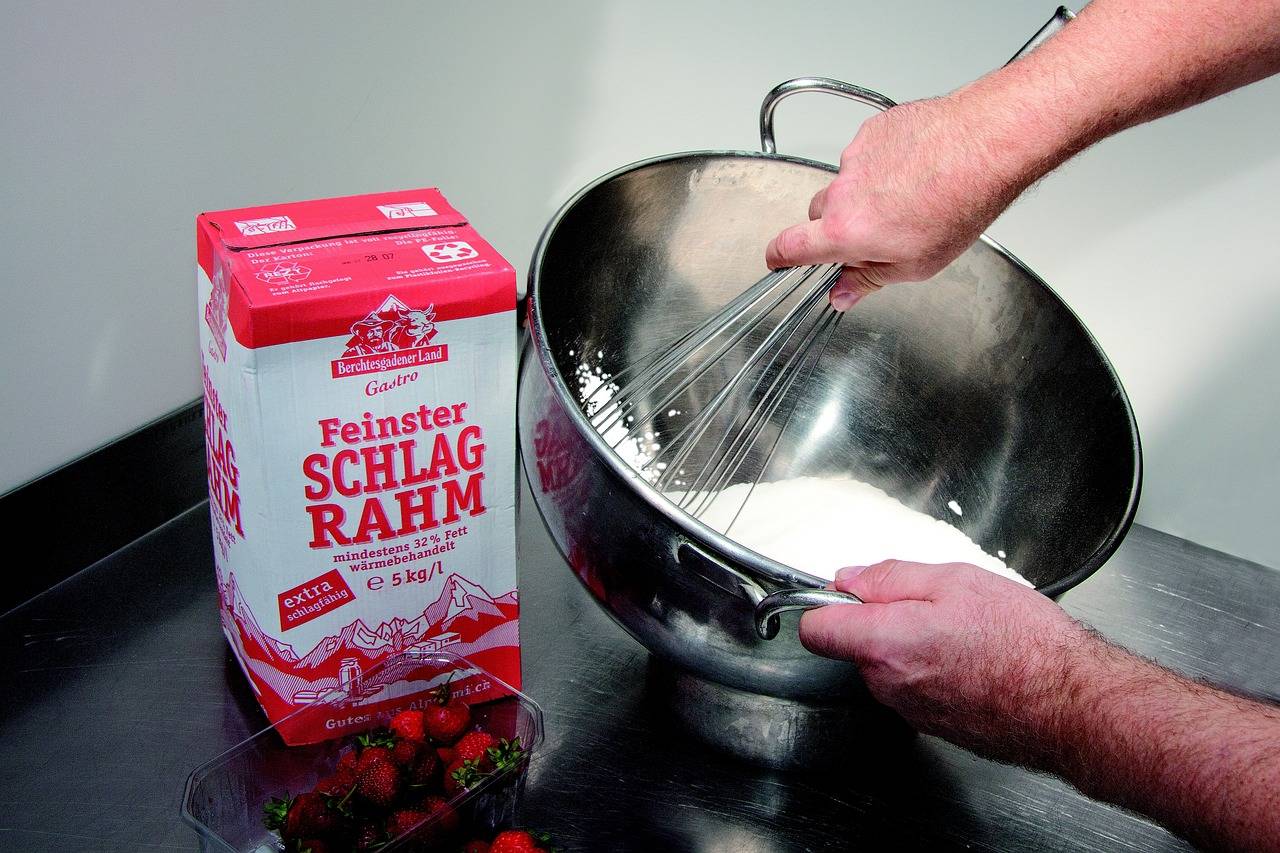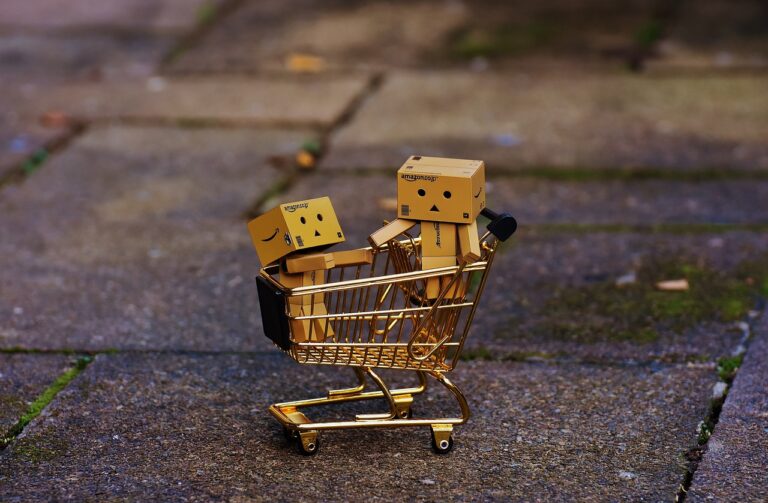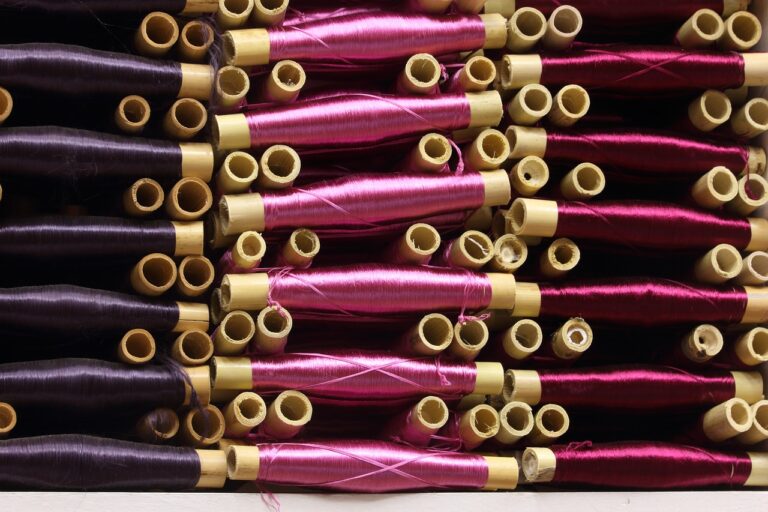The Impact of Packaging Waste on the Environment: Seeking Sustainable Solutions
Single-use plastics have become a ubiquitous part of our daily lives, from grocery bags to water bottles. However, the convenience they offer comes at a significant environmental cost. These items are designed for short-term use, yet they can take hundreds of years to decompose in landfills, contributing to pollution and harming wildlife along the way.
Another concerning aspect of single-use plastics is their impact on marine ecosystems. Many of these items end up in waterways, where they break down into tiny particles that contaminate the water and are ingested by marine animals. This leads to harmful consequences for marine life, as well as potential risks to human health through the consumption of contaminated seafood.
Innovative Eco-Friendly Packaging Alternatives
In recent years, there has been a growing shift towards eco-friendly packaging alternatives as more consumers become conscious of the environmental impact of single-use plastics. Businesses are now exploring innovative solutions to reduce their carbon footprint while maintaining the functionality and appeal of their packaging. One promising approach is the use of compostable materials such as cornstarch-based packaging, which breaks down easily in composting facilities, reducing the amount of waste ending up in landfills.
Additionally, the adoption of plant-based packaging made from materials like sugarcane fiber or bamboo offers a sustainable alternative to traditional plastic packaging. These materials are renewable resources that require less energy to produce and can be easily recycled or composted after use. By embracing these innovative eco-friendly packaging alternatives, businesses can not only contribute to a healthier planet but also appeal to eco-conscious consumers who prioritize sustainability in their purchasing decisions.
The Role of Biodegradable Packaging in Reducing Environmental Impact
Biodegradable packaging has emerged as a promising solution to combat the environmental issues caused by traditional plastic packaging. These innovative materials are designed to break down naturally, reducing the amount of waste that ends up in landfills or oceans. By utilizing biodegradable packaging, companies can significantly minimize their ecological footprint and contribute to a more sustainable future.
The transition to biodegradable packaging is crucial in the ongoing battle against plastic pollution. As consumers become more environmentally conscious, there is a growing demand for products that are packaged in materials that are eco-friendly and biodegradable. By choosing biodegradable packaging options, businesses can demonstrate their commitment to environmental preservation and play a part in mitigating the detrimental effects of single-use plastics on our planet.





